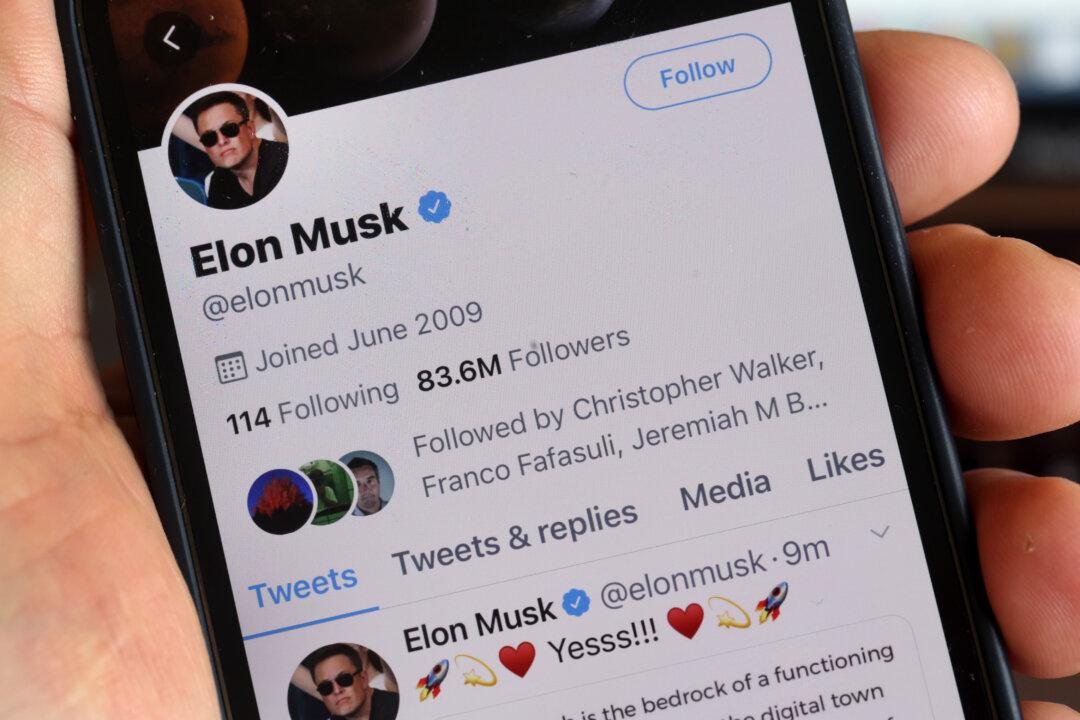Commentary
When billionaire Twitter owner Elon Musk cleaned out 3,700 superfluous Millennials from his company, the internet went crazy.

When billionaire Twitter owner Elon Musk cleaned out 3,700 superfluous Millennials from his company, the internet went crazy.